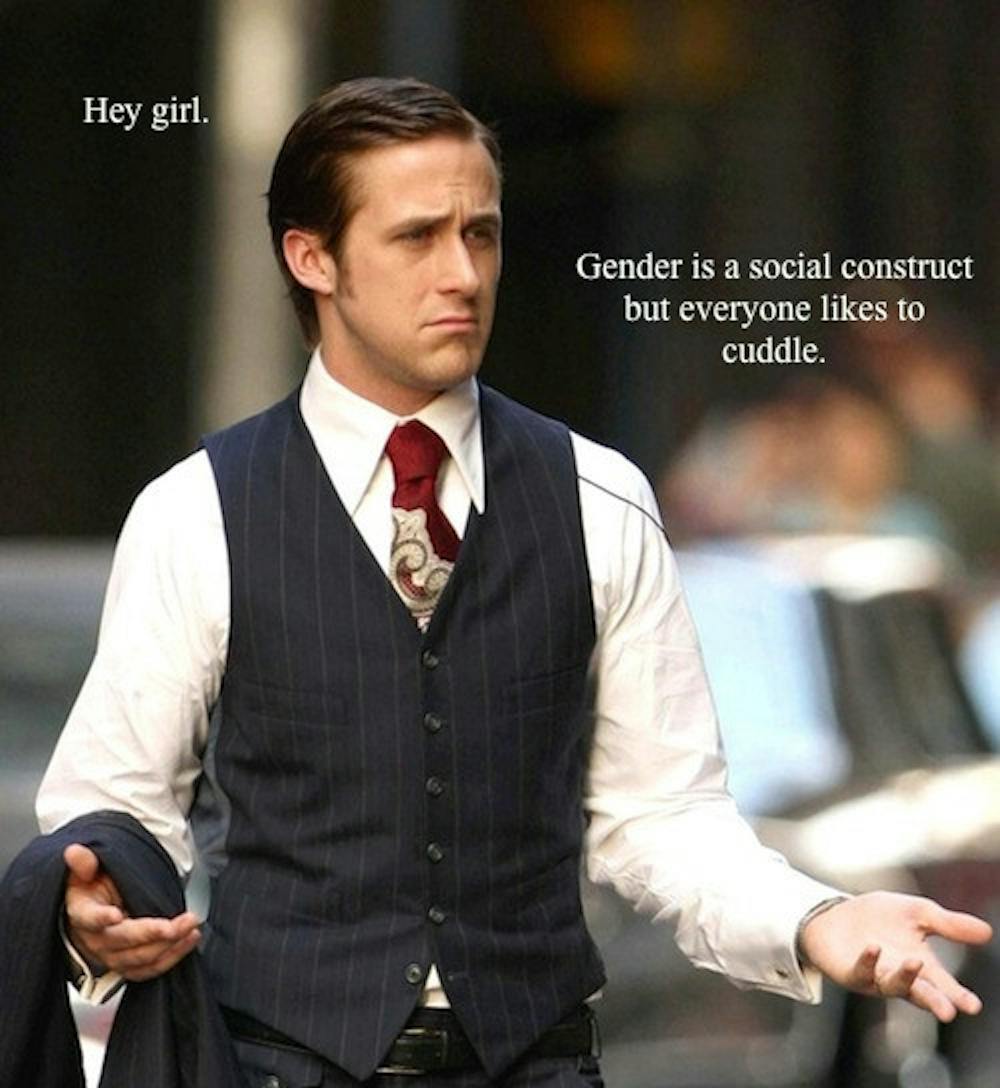With all this horseshit about censoring the internet, I’ve got to say something. The biggest problem with the legislation to “fix” the internet (SOPA/PIPA), other than the flood of lobbying money that is maintaining congressional support of the bills, is the plain fact that the people talking about doing this do not understand the internet. Imagine explaining how to install Google Chrome to your grandmother. Depending on how hip she is, her answers will range from “Boy, you know I already use Firefox!” to “What the hell is an internet?”. I get the vibe that our congressmen are on the latter end of the spectrum.
I can't make a technical commentary. While, I am not an expert on how domains are stored or how registries work, it is my understanding that the whole idea of deleting the URL of a offending website would detrimentally affect the performance of the world wide web. When my favorite Computer Scientist, Mercer Senior Levi Lewis, finally gets his column approved (tentatively titled “How I Learned How to Stop Worrying and Love the DDoS") you might get a better answer,
There is no doubt most of you are reading this from the Cluster’s website and not the print edition. Over the course of the next year, with my estimation of our circulation and last year’s web traffic, someone will be roughly twenty times more likely to read this online. That is a beautiful thing.
While piracy is definitely a part of the internet, it isn’t the entirety of the internet. There was once the same astroturf outrage over VCR tape and recordable cassettes. Home recording certainly did not ruin any industry. These anti-piracy claims are cut from the same cloth. Anything from a gun to a paperweight to a pen can be used to aid in underhanded activity. Does that mean that we should nerf our world? No. It is the opinion of this columnist that humanity’s core problems don’t exist because of drugs, alcohol, internet porn or the Pirate Bay. The problem will always lie with people.
So why punish everyone? As of last year, the U.N. declared the internet to be a basic human right. With internet censorship, we squelch voices.
I’ll leave you with an anecdote in defense of the web. When I was growing up, I was a shy kid. I met my oldest friend, Christopher, over SOCOM Navy Seals when we were 12. I’ve never met him. Usually when a 12-year-old talks about a new friend he met online, Chris Hansen asks him to take a seat. No pederasts here, I assure you. If he is, he is the most dedicated in the whole game. But I digress. Enabled by our horrible 12-year-old AIM screennames, we bonded. He remains one of my closest friends. Through a couple of moves and homeschooling, he was able to remain a constant in my life—a relationship that would have been utterly impossible a decade before.
It is through that kind of connection that the internet is on it’s best behavior. National boundaries, race, religion, sexual orientation, and proper grammar melt away. You can connect with people that you truly identify with, not just the people you get stuck next to.
Stopping SOPA

SOPA would stop this form existing.



